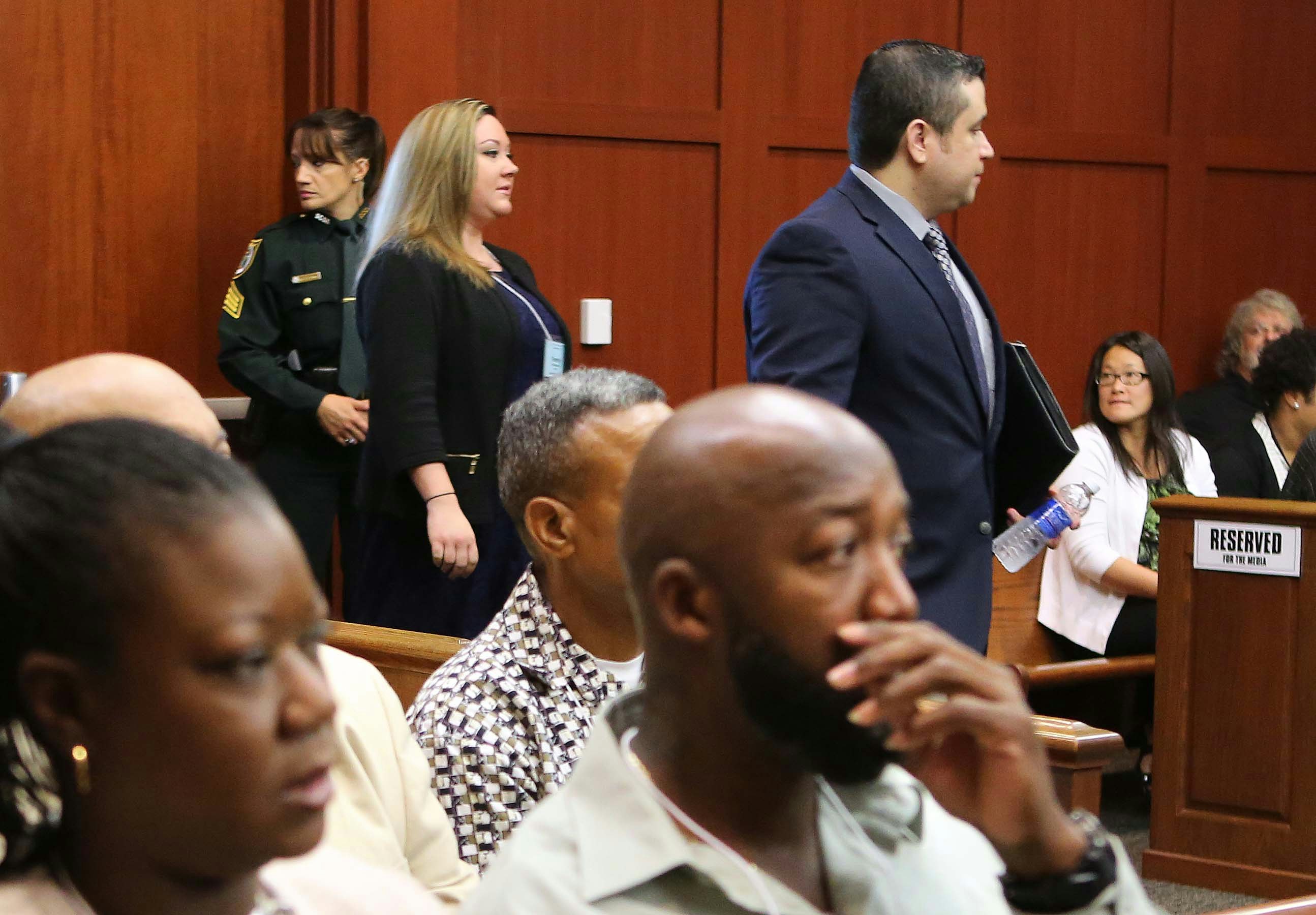

An attorney can help you understand your options. In some states, you cannot file a lawsuit if you plead guilty to a crime. In many cases, you can file a lawsuit against the government if you are exonerated. If a court exonerates you of all charges that sent you to prison, you will get released.Ĭan you file a lawsuit against the government if you are exonerated after being in prison? During this trial, they will acquit you of the original charges.
#DOES ACQUITTED MEAN NOT GUILTY TRIAL#
If the court does not dismiss the charges against you, they can start a new trial where they find you “not guilty” based on new evidence. This affects the results of the original trial. The court may decide to dismiss all of the charges against you when you get exonerated. Each state has different offices you must apply to. If your conviction is in the federal system you need to apply through the DOJ. Governors or presidents can offer pardons to people who were wrongfully convicted. There are a few things that can happen when you get exonerated of a criminal charge. What can happen in the exoneration process? Image courtesy of Bill Oxford via Unsplash.

If a person confesses to the crime that you were convicted of, the court may exonerate you. Sometimes new evidence can prove that you did not commit the crime that the court convicted you of.

This means that the court has overturned your conviction and dismissed all of the charges against you based on new evidence. But getting exonerated of a criminal charge is different. A court can find you guilty or not guilty of a crime.


 0 kommentar(er)
0 kommentar(er)
